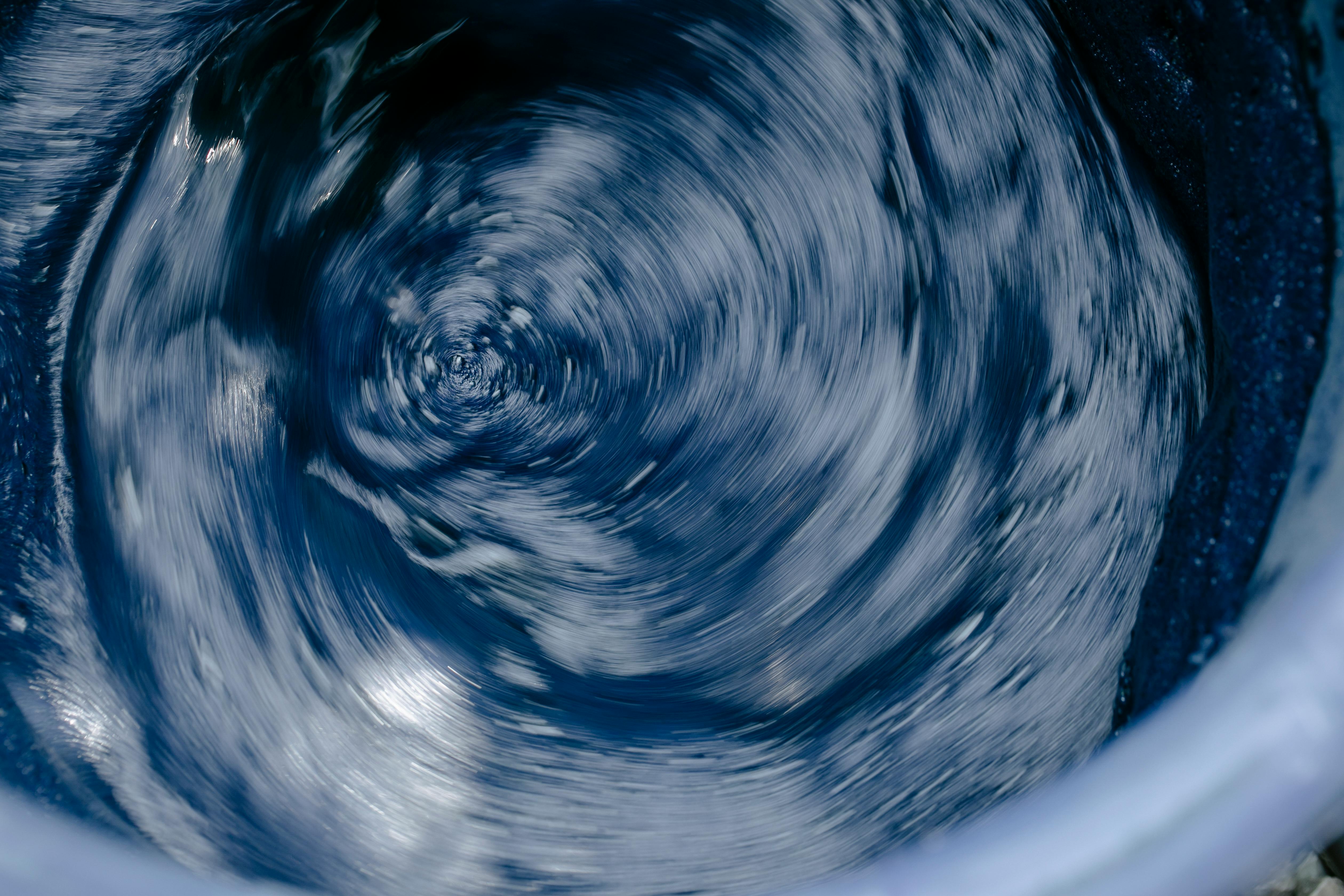Using distilled water for your CPAP machine is an important part of maintaining the health and effectiveness of your device. Distilled water helps to keep your CPAP machine clean, preventing dirt and bacteria from building up on the device which can lead to a reduction in its performance. Additionally, using distilled water will help to extend the life of your CPAP machine by reducing corrosion and mineral buildup. In this article, we’ll discuss why you should use distilled water for your CPAP machine and how to do so.Distilled water is water that has been heated to the point of evaporation and then condensed back into liquid form. It is free from impurities and minerals that are found in tap water, making it ideal for use in CPAP machines. CPAP machines require distilled water because the excess minerals found in tap water can cause the machine to malfunction. Additionally, the minerals found in tap water can create a buildup of scale on the humidifier chamber which can affect its effectiveness.
How to Obtain Distilled Water for CPAP Machine
Using distilled water in your CPAP machine is an important part of keeping your device in proper working order. Without clean and pure water, the device can become clogged or even damaged. To ensure that your CPAP machine is functioning correctly, it is essential to use distilled water. Obtaining distilled water for your CPAP machine is easy and convenient.
The most common way to get distilled water for a CPAP machine is to purchase bottled water from a store or online retailer. Bottled distilled water can usually be found at most grocery stores and pharmacies. It is important to read the label on the bottle when purchasing bottled water to make sure it is specifically labeled as “distilled” or “purified”.
Another way to obtain distilled water for your CPAP machine is to distill it yourself at home using a distiller. A distiller can be purchased online or in stores that sell home appliances. This method requires more time and effort than purchasing bottled water, but it will provide you with a reliable source of clean and pure distilled water
Benefits of Using Distilled Water with CPAP Machine
Using distilled water with your CPAP machine can offer many benefits, such as improved comfort, reduced noise, and longer life of the machine. By removing any mineral deposits and other impurities in the water, you will ensure that your CPAP is running at peak performance. Here are some of the main benefits of using distilled water with your CPAP machine.
The first benefit is improved comfort. When using regular tap water in your CPAP machine, mineral deposits can build up inside the hose and mask, causing discomfort to the user. Using distilled water eliminates mineral deposits and helps keep the mask feeling clean and comfortable.
Another benefit of using distilled water is reduced noise from your CPAP machine. Mineral deposits can cause air bubbles to form inside the hose or mask, resulting in a loud whistling sound that can be disruptive for sleepers. By eliminating these bubbles with distilled water, you can ensure quieter operation of your CPAP machine.
Finally, using distilled water can extend the life of your CPAP machine by protecting its internal components from damage caused by minerals and imp
Types of Water Suitable for CPAP Machine
The use of water in a CPAP machine is essential for providing the necessary humidification to the air that is being breathed in. The type of water used can have a direct impact on the overall performance of the device. It is important to ensure that only clean, safe and suitable types of water are used in the CPAP machine. There are several types of water that can be used in a CPAP machine, including distilled, deionized or sterile water.
Distilled water is the most commonly used type of water for use with a CPAP machine as it contains no minerals or other impurities. It has been processed to remove all dissolved minerals and other contaminants, making it ideal for use in medical and scientific applications. Distilled water can be easily purchased from supermarkets or pharmacies, making it convenient and affordable to obtain.
Deionized or demineralized water is another option and is slightly more pure than distilled water as it has been further processed to remove any remaining ions from the liquid. This type of water can be more expensive than distilled, but may be required if
Cleaning and Maintenance of a CPAP Machine with Distilled Water
Maintaining and cleaning your CPAP machine regularly is essential for ensuring that it runs efficiently. Cleaning the machine with distilled water helps to prevent build-up of dirt and grime which can affect the performance of the machine. Here are some simple steps to follow when cleaning a CPAP machine with distilled water:
First, unplug the CPAP machine from its power source and remove all attachments, such as hoses and masks. Rinse the hose and mask in warm water to remove any debris or dirt. Once they have been rinsed, allow them to air dry before reattaching them to the machine.
Next, fill a container with distilled water and submerge the base of the CPAP machine in it. Allow it to soak for several minutes before removing it from the container. Wipe down all external surfaces with a damp cloth, taking care to get into any crevices or areas where dirt can accumulate.
Once you have wiped down all

Pros of Using Distilled Water in CPAP Machine
Using distilled water in CPAP machine can be beneficial to the user. It eliminates the need to purchase and replace expensive filters, reducing maintenance costs. In addition, using distilled water helps to reduce mineral deposits that can build up in the machine over time, which can cause clogging and reduce the efficiency of the machine. Distilled water also helps prevent bacteria and mold growth inside the machine, reducing the risk of respiratory illnesses related to contaminated air. Finally, distilled water is easier to clean than tap water due to its lack of impurities, making it easier to maintain a clean CPAP machine.
Cons of Using Distilled Water in CPAP Machine
The primary downside of using distilled water in a CPAP machine is that it can be expensive and time-consuming to obtain. Unlike tap water, which is readily available in most households, distilled water must be purchased from a store or online retailer. In addition, because the process for distilling water removes important minerals from the liquid, it may not be as beneficial for those who have specific health concerns related to
Maintaining Optimal Humidity in a CPAP Machine
Using distilled water is the best way to maintain optimal humidity in a CPAP machine. Distilled water is free of impurities and sediment, and helps prevent the buildup of mineral deposits inside the device. The quality of the water also helps keep the CPAP machine from becoming clogged with residue from tap water, which can reduce its effectiveness. Additionally, using distilled water can help reduce bacteria growth, as it contains no bacteria or other microorganisms.
To ensure that your CPAP machine is functioning properly and at an optimal level of humidity, it’s important to clean and replace the filter regularly. This can be done by carefully removing the filter from the back of the CPAP machine and washing it with warm soapy water. You should also replace your filter every few months or whenever you notice it has become clogged with dust or debris. It’s also important to use distilled water when cleaning or replacing your filter as this will help ensure that no impurities are present in the device.
Another way to maintain optimal humidity levels in your CPAP machine is to use a humidifier chamber.
Can Tap Water Be Used for a CPAP instead of Distilled Water?
CPAP machines are commonly used to treat sleep apnea, and require a steady supply of clean water. While many CPAP machines come with a built-in water tank, some require the user to supply their own distilled water or tap water. But is it safe to use tap water instead of distilled water in a CPAP machine?
The short answer is yes. According to the American Academy of Sleep Medicine (AASM), tap water can be used in most models of CPAP machines without the risk of contamination or illness. However, there are a few important considerations that must be taken into account when using tap water.
First and foremost, tap water must be filtered before being used in a CPAP machine. This is because unfiltered tap water may contain impurities such as chlorine, lead, and other contaminants that can affect the quality of air being delivered by the machine. Some CPAP machines come with an internal filter that removes these impurities before they reach the user’s lungs. If your machine does not have

Conclusion
Using distilled water in your CPAP machine is the best and safest way to keep it clean and properly functioning. Distilled water is free of contaminants and other impurities, making it ideal for use in CPAP machines. It also helps to ensure that any buildup of minerals or other contaminants on the tubing and other components of your CPAP machine is kept to a minimum. For these reasons, distilled water should always be used when cleaning or maintaining your CPAP machine.
Overall, using distilled water in your CPAP machine is a wise choice that will help keep it running smoothly and efficiently for years to come. Although it may cost a little more than regular tap water, the peace of mind knowing that your CPAP machine is being properly maintained with the correct type of water can make all the difference.

